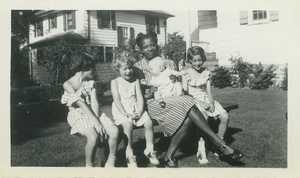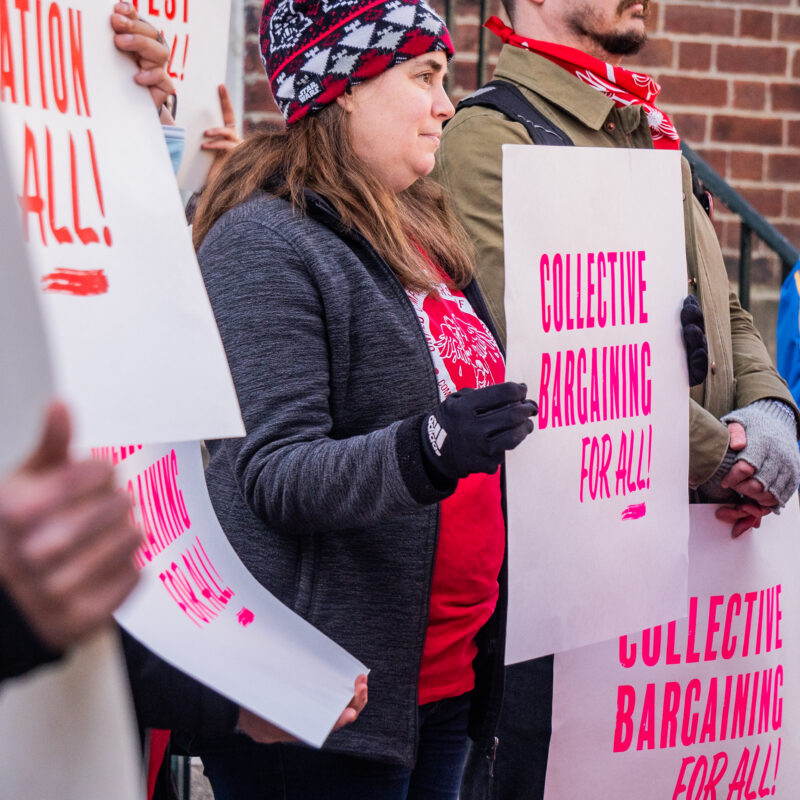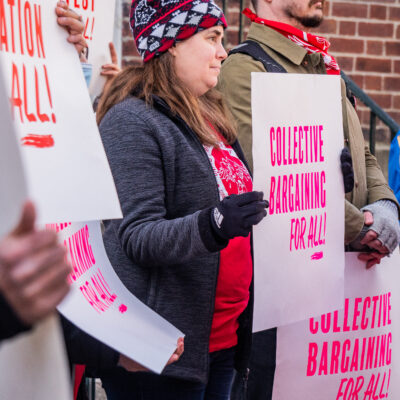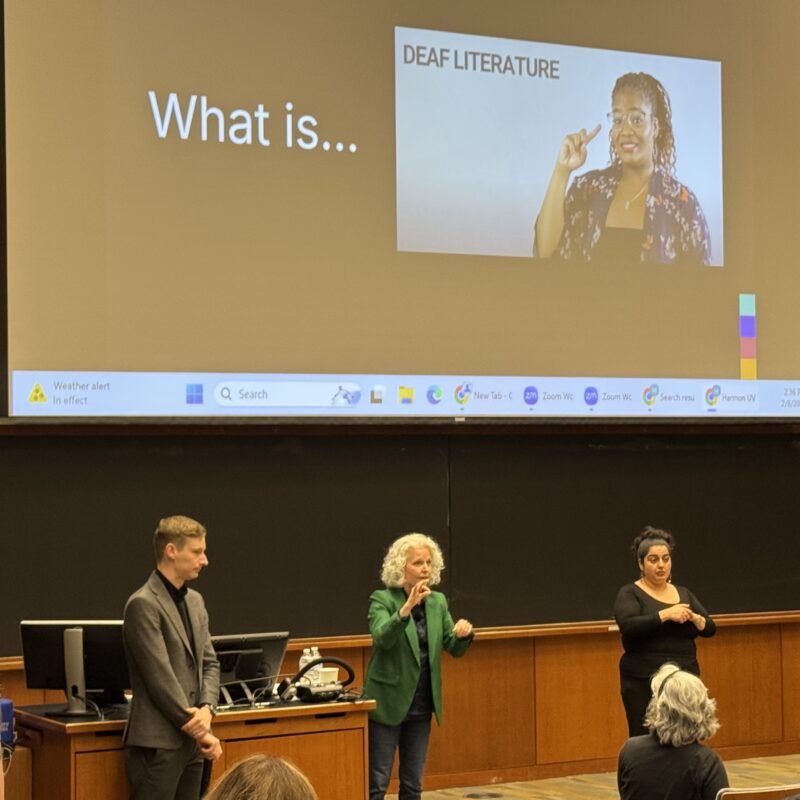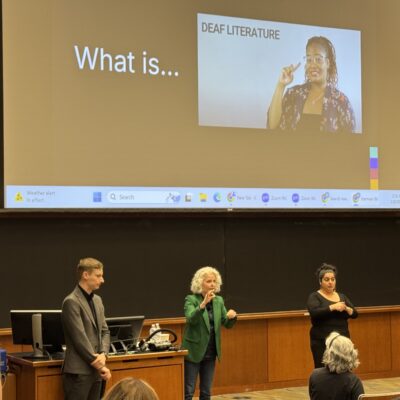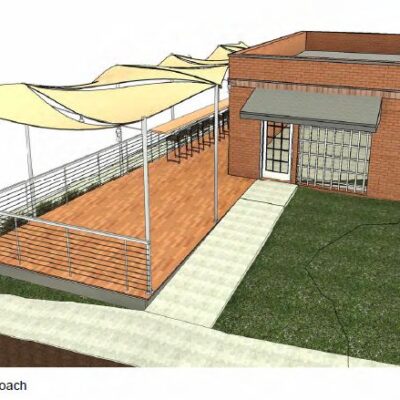Between about 1944 and 1953, Mable Wall Jones was a major figure in the lives of Emily Abel and Margaret Nelson. In addition to cooking and cleaning for their family, Jones cared for the sisters and their three siblings at their home in New York. Until one day, she left.
“We didn’t know much about her,” remembers Abel, a professor at the UCLA Fielding School of Public Health. “We remembered her, and we really wanted to know what happened in her life after she left.”
“We wanted to honor her, show that she had been important to us, and that altogether she was an important person,” adds Nelson, a sociology professor at Middlebury College. So the two decided to trace Jones’ story, and write a book about her life.
In Limited Choices: Mable Jones, a Black Children’s Nurse in a Northern White Household, Abel and Nelson piece together Jones’ story, drawing from their childhood memories, discussions with Jones’ descendants, and an interview Jones did with the Ridge Street Oral History Project in 1995. The book shows how Jones negotiated life as a domestic laborer—a job held by the majority of Black women during the 20th century—in both the South and the North, as well as highlights her strong relationships with her family and her impact on Charlottesville’s Black community.
According to her 1995 interview, Jones was born in Gordonsville, Virginia, in 1909. As a teenager, she moved to Charlottesville and attended the Jefferson School, but in eighth grade she had to leave school to help her widowed single mother support her and her four siblings. When Jones was 20, she married James Jones and they had two sons.
Nelson and Abel’s mother hired Jones to care for the family in Washington, D.C., in the mid-’40s. When the family moved to the affluent white suburb of Larchmont, New York, Jones accompanied them. To spend time with her own children, Jones regularly traveled back and forth between Charlottesville and New York, until she stopped working for the family in 1953.
In addition to the oral history interview, Nelson and Abel pieced together Jones’ story through interviews with her descendants, as well as one of her friends and her pastor. The sisters also received help from Gordonsville-based research group One Shared Story, and Charlottesville civil rights activist Eugene Williams, who grew up in the same neighborhood as Jones.
Dr. Andrea Douglas, executive director of the Jefferson School African American Heritage Center, says she appreciates the book’s focus on Black migration and Black labor after emancipation. For many Black people, the North offered little more opportunity than the South.
“You often hear about the idea of migration, and the reasons why people were leaving the South, but you very rarely, especially in this region in particular, understand what the lives of people in the North were,” says Douglas, who wrote the book’s foreword.
“How do we understand a much more national conversation, than just simply limit it to the idea that Black folks moved north as a consequence of violence?” she adds.
After leaving New York in 1953, Jones moved back to Charlottesville. In 1957, she moved with her mother to Ridge Street, and stayed there until 1994, when a tree fell on her house and it had to be demolished. Jones passed away in 1995.
Abel and Nelson hope Jones’ story will not only help readers understand the struggles Black domestic workers faced in the past, but also how they continue to be exploited today.
“We hope that domestic workers get paid better, are recognized, and are supported more,” says Abel. “They do such invaluable work.”
The Jefferson School will host a virtual discussion about Limited Choices with Abel and Nelson on February 5 at 2pm.
